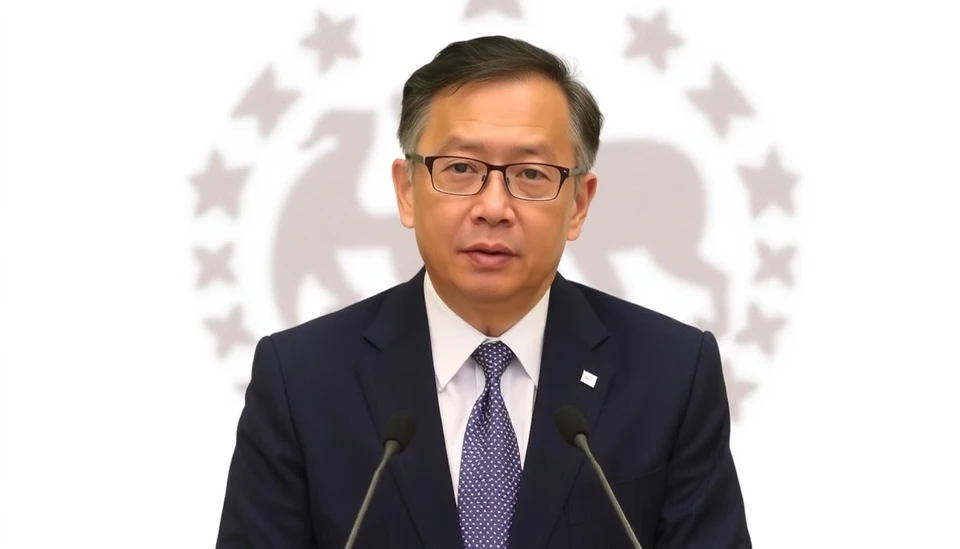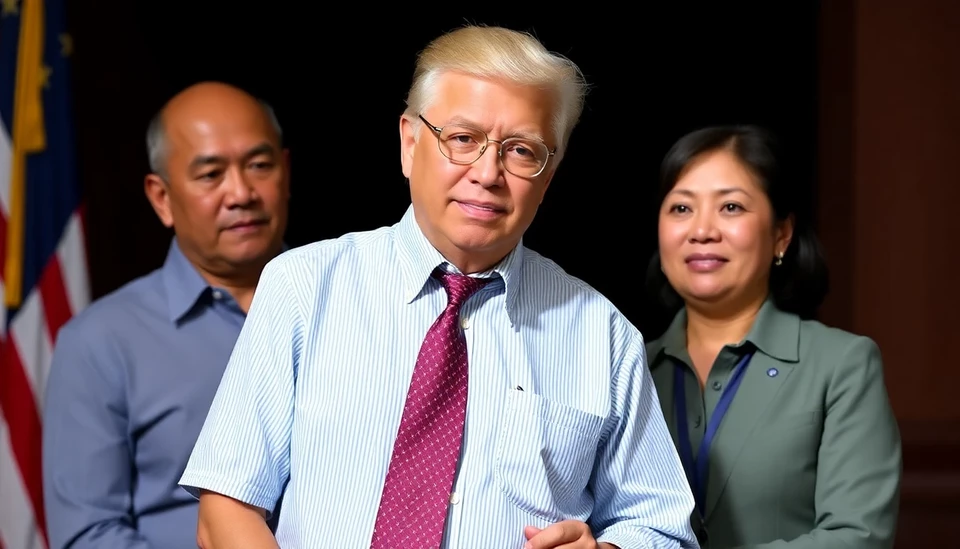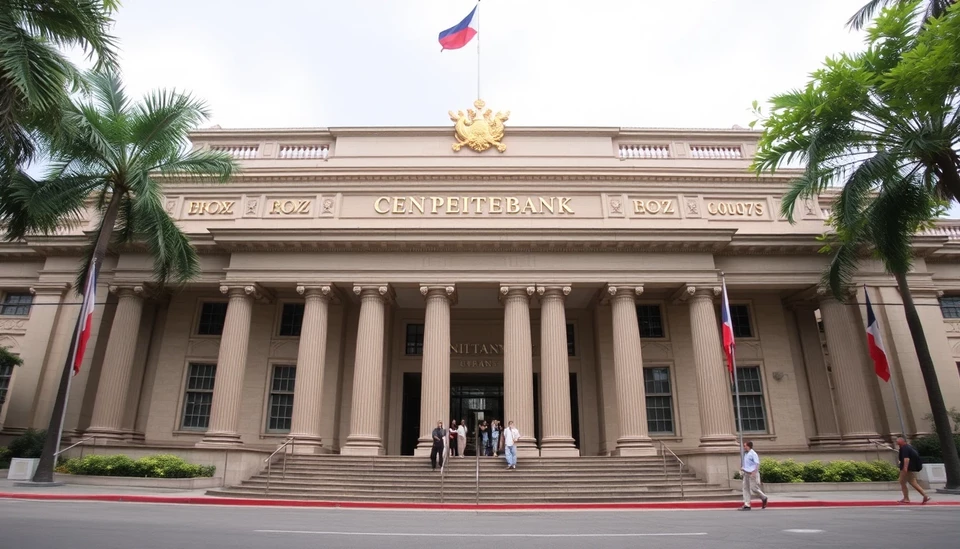
The Philippine government has unveiled plans to raise $3.5 billion in global bond sales this year, aiming to bolster its financial position and fund various development projects. This strategic move highlights the nation’s commitment to improving its economic standing amid evolving global market conditions and recovering domestic growth.
The Department of Finance of the Philippines announced that the scheduled bond issuances are part of a broader strategy to finance the government’s budget deficit, which has been under pressure due to increased spending on infrastructure and other essential services. The combination of fiscal measures aims to support the recovery from the pandemic while meeting the growing demands for public services.
This year’s issuance is planned through a mix of US dollar and euro-denominated bonds, allowing the Philippines to tap into diverse investor bases. By diversifying the types of debt instruments, the government aims to mitigate risks associated with currency fluctuations and provide investors with multiple options that could suit their portfolios.
The Philippine government remains optimistic about favorable timing in the global bond markets, particularly as the country aims to capitalize on foreign investment interest. With an improving economic outlook, analysts believe that the nation could attract substantial foreign capital, which would add to the overall demand for these bond offerings.
The budget deficit is projected to be financed partly through borrowing and is closely tied to the government’s ambitious infrastructure program, which is seen as a critical pillar for sustainable economic growth. By investing in infrastructure, the government hopes to create jobs, enhance logistical efficiency, and foster a more conducive environment for business.
Given the backdrop of a recovering economy, there are also expectations for higher bond yields, which could attract more investors. The Philippines’ ability to issue debt at competitive rates will reflect investor confidence in its economic recovery trajectory and fiscal management.
Finally, as the Philippines ventures into this significant bond issuance plan for 2025, stakeholders from various sectors will be closely monitoring market conditions and the government’s fiscal performance to assess the implications of these moves for long-term economic growth.
In summary, the Philippines is strategically positioning itself to raise $3.5 billion through global bond sales this year, a vital step in its fiscal strategy aimed at driving economic recovery and growth through infrastructure advancement and improved public services.
#Philippines #GlobalBondSales #EconomicGrowth #FinanceNews #InfrastructureInvestment
Author: Laura Mitchell




